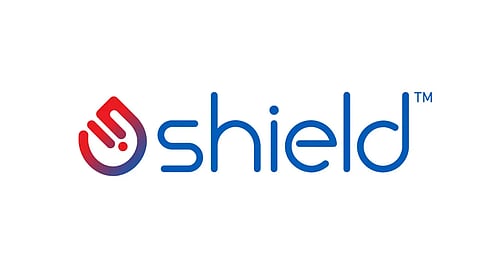

The National Comprehensive Cancer Network (NCCN) has updated its Guidelines for Colorectal Cancer (CRC) Screening to include two new noninvasive options: the ColoSense stool test and the Shield blood test.
ColoSense
ColoSense is the first FDA-approved stool RNA test for CRC screening. Approved in May 2024, it is intended for average-risk adults aged 45 and older. Designed to detect both CRC and advanced adenomas, ColoSense demonstrated strong clinical performance in the CRC-PREVENT trial (NCT04739722), which included 8,920 participants. The test showed a sensitivity of 94% for CRC detection—100% for stage I cases—and a sensitivity of 46% for advanced adenomas, increasing to 50% for adenomas larger than 2 cm. Among participants aged 45 to 49, ColoSense had a 100% sensitivity for CRC and 45% for advanced adenomas.
Erica Barnell, MD, PhD, of Geneoscopy emphasized the significance of NCCN inclusion, calling it “a powerful validation” of the test’s performance and an important step in expanding access to noninvasive screening. Geneoscopy's commercial officer, Matt Sargent, noted that inclusion in the guidelines could drive both clinical adoption and insurance coverage.
Shield
Shield is a blood-based CRC screening test that detects circulating tumor DNA (ctDNA). It was FDA-approved in July 2024 for adults 45 and older at average risk.According to NCCN Guidelines, Shield should be considered primarily for patients unwilling to use other screening methods due to its “modest performance,” especially in detecting advanced precancerous lesions.
Data from the ECLIPSE trial (NCT04136002), which involved over 10,000 participants, showed that Shield had a CRC sensitivity of 83.1%, with a sensitivity of 87.5% for stage I–III disease. However, its sensitivity for advanced precancerous lesions was low at 13.2%. Shield’s specificity for detecting any advanced neoplasia was 89.6%.
Guardant Health's AmirAli Talasaz highlighted the convenience of a simple blood draw, calling the NCCN update a key milestone in broader adoption.
Both ColoSense and Shield are recommended for use every three years in eligible patients.